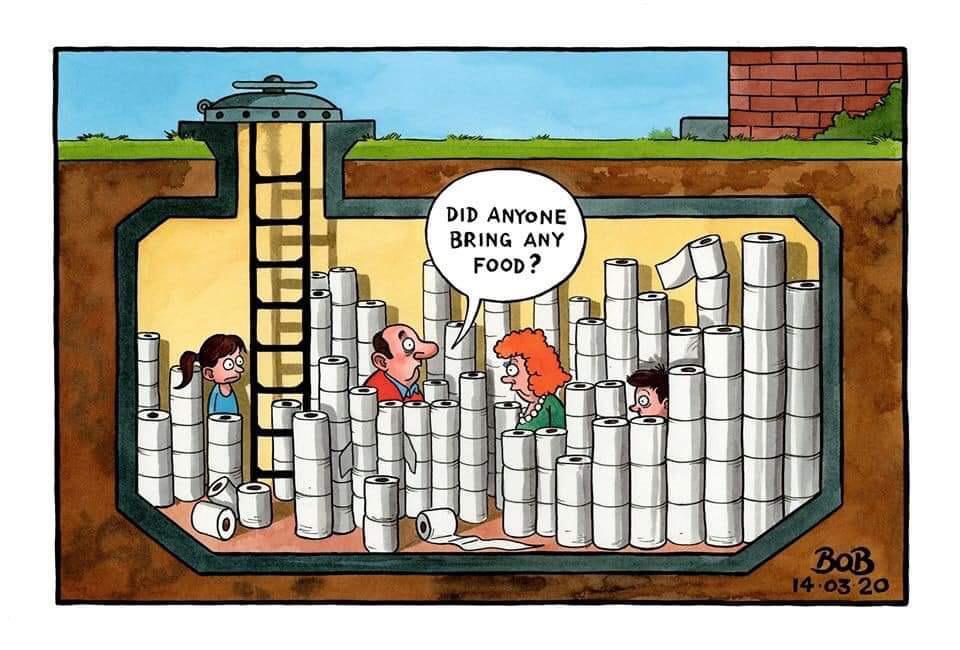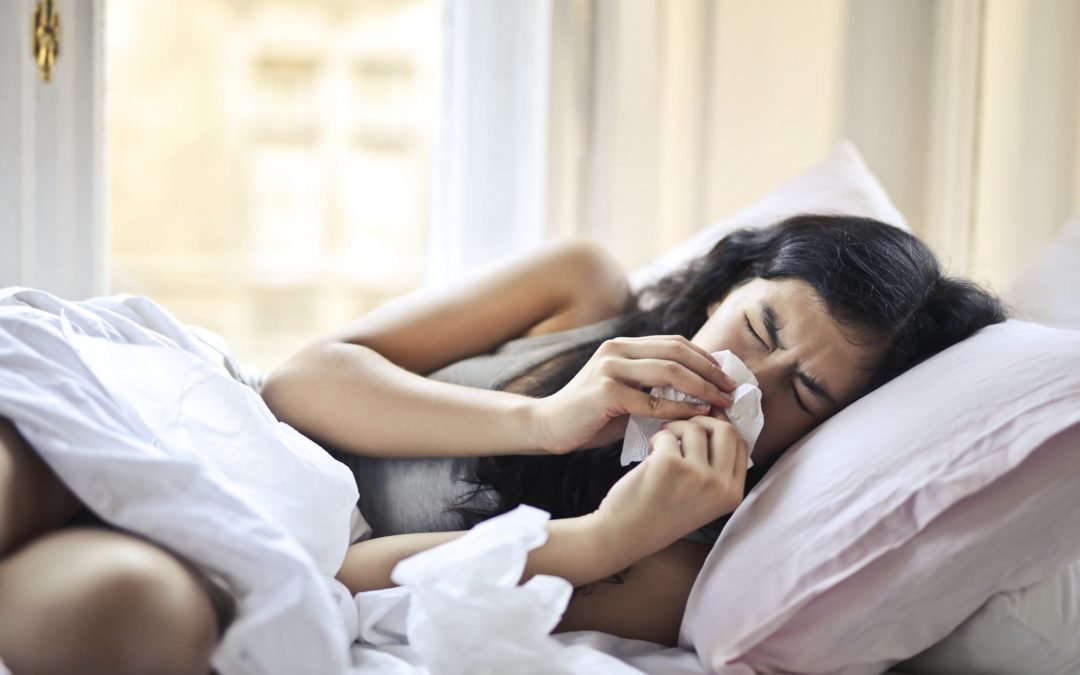by Dr. Marc Goldstein, MD, Curist Medical Advisor
How Do I Know If I Have Spring Allergies or Coronavirus?
Unfortunately, some symptoms of allergies and coronavirus (COVID-19) do overlap. Common allergy symptoms, like sneezing and coughing, have been reported in people with coronavirus. Now that spring is here, it may be even harder to differentiate between allergies and the COVID-19 illness. Fortunately, there are several key symptoms that can help you tell the difference between allergies and coronavirus:
- Allergy symptoms do NOT typically include fever, sore throat, or achiness, which have been reported in individuals infected with coronavirus.
- Allergy symptoms do typically include itchiness (itchy eyes, itchy ears, itchy nose, itchy throat), which are not typical signs of coronavirus infection.
What are the Biggest Differences Between Allergy Symptoms (Hay Fever) and Coronavirus?
One of the biggest differentiators is fever. Though some people refer to spring allergies as “hay fever”, people with spring allergies do not typically have fevers or achiness. In comparison, fever is common with coronavirus. The other is itchiness – people with allergies are often itchy (can be in your eyes, ears, throat, or nose), but this is not a reported symptom of COVID19.
Is My Sneeze a Symptom of Seasonal Allergies or Coronavirus (COVID-19)?
If you are sneezing but do not have fever, achiness, or sore throat, it is more likely that you are experiencing allergy symptoms. Allergy-induced sneezes will often occur in rapid, uncontrollable bouts. People with coronavirus appear to have more infrequent sneezes, which are accompanied by other symptoms.
Can I Have Both Allergies and Coronavirus (COVID-19)?
Yes. People with spring allergies are not immune to coronavirus. If you typically have allergy symptoms, pay close attention to their type and severity – do you feel differently than in prior allergy seasons? Do you have a fever, aches, or a sore throat? Does your cough or sneeze feel different than it usually does? Have you noticed that your allergy medicines are not helping reduce or relieve your symptoms? It’s important to stay vigilant about what your body is telling you.

What Are Tips For Allergy Sufferers During Coronavirus?
These allergy tips will be even more important this spring due to coronavirus:
- Sneezing: Like always, if you are sneezing, cover your sneeze in a tissue (and then throw the tissue away into a closed container) or sneeze into the corner of your elbow.
- Allergy Medicine: Take your allergy medicine early and consistently. For instance, start using fluticasone allergy nasal spray 2 weeks before the allergy season starts, or take an antihistamine daily once the season starts. Over-the-counter products, available online at Curist or at your local pharmacy, should be your first line of defense for allergies and are typically sufficient for most people. Of all years, it is particularly important to treat spring allergies because your allergy symptoms may be misconstrued as coronavirus. Being aggressive and proactive in your allergy treatment is extremely important.
- Pollen Counts: Spring allergy symptoms spike with the pollen counts. Pay attention to the pollen counts in your area, and that may help you figure out if your symptoms are due to seasonal allergies or coronavirus.
- Know Your Sneeze: Typically, allergy sneezes occur in bouts where you just can’t stop sneezing. People with coronavirus are typically not experiencing a non-stop sneeze.
- Stay At Home: If you are not sure, please stay at home just to be safe.
What If People Think My Spring Allergies & Sneezing are Coronavirus?
One of the best ways to give yourself peace of mind about whether you could have coronavirus will be to take your allergy medications consistently. If your symptoms go away and you don’t have other coronavirus symptoms, you are not likely infected with coronavirus (although a lot of people are asymptomatic). When frequenting public places, it may be a matter of common courtesy to treat your allergy symptoms so that people don’t misconstrue your sneezes and coughs as coronavirus (See WHO warning to avoid people who are sneezing/coughing here).
For more information about Coronavirus, please visit the CDC website. As always, if you are not feeling well, please reach out to your medical provider or call the professionals.
A true love for health, stay save.


Recent Comments